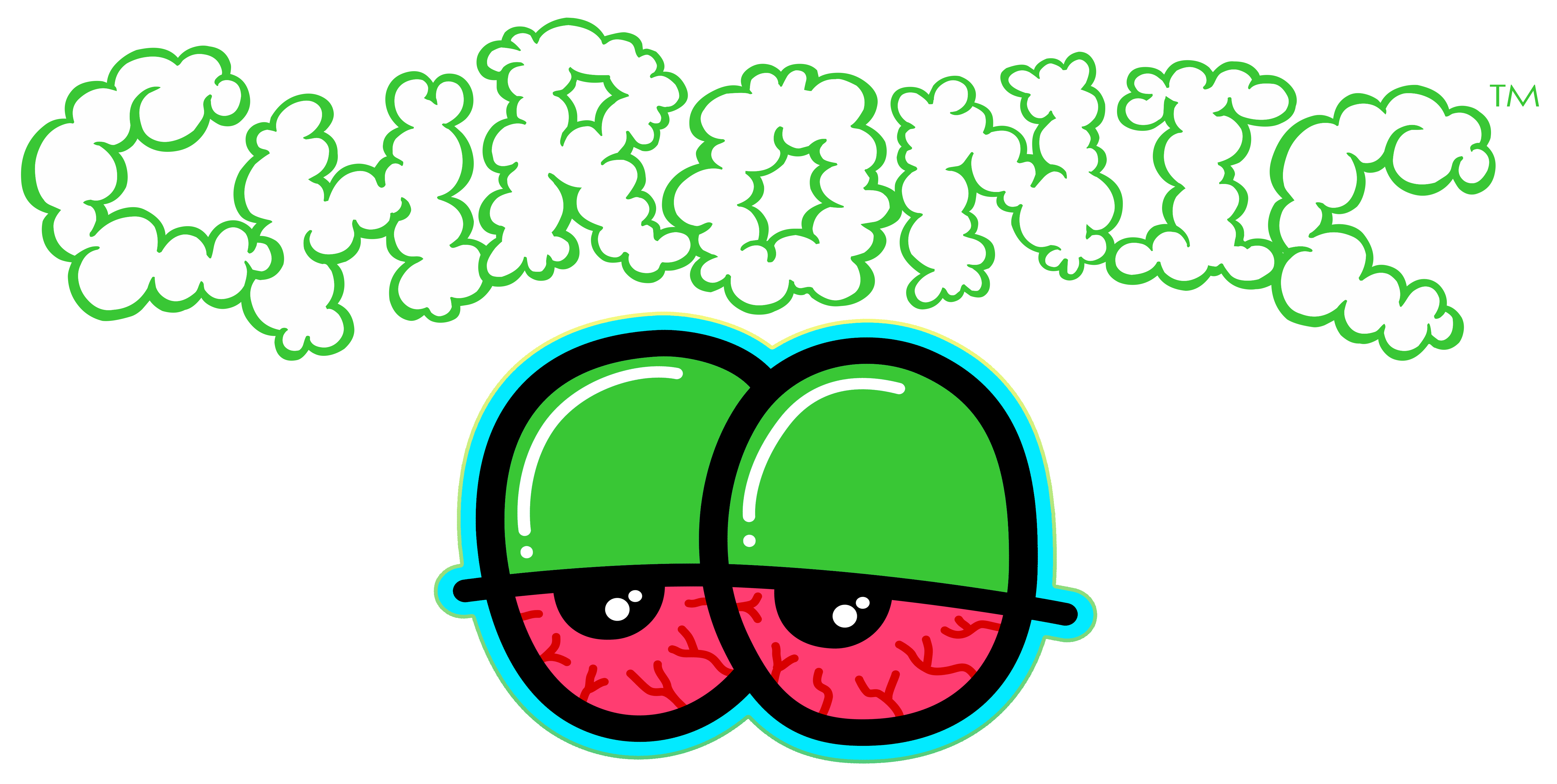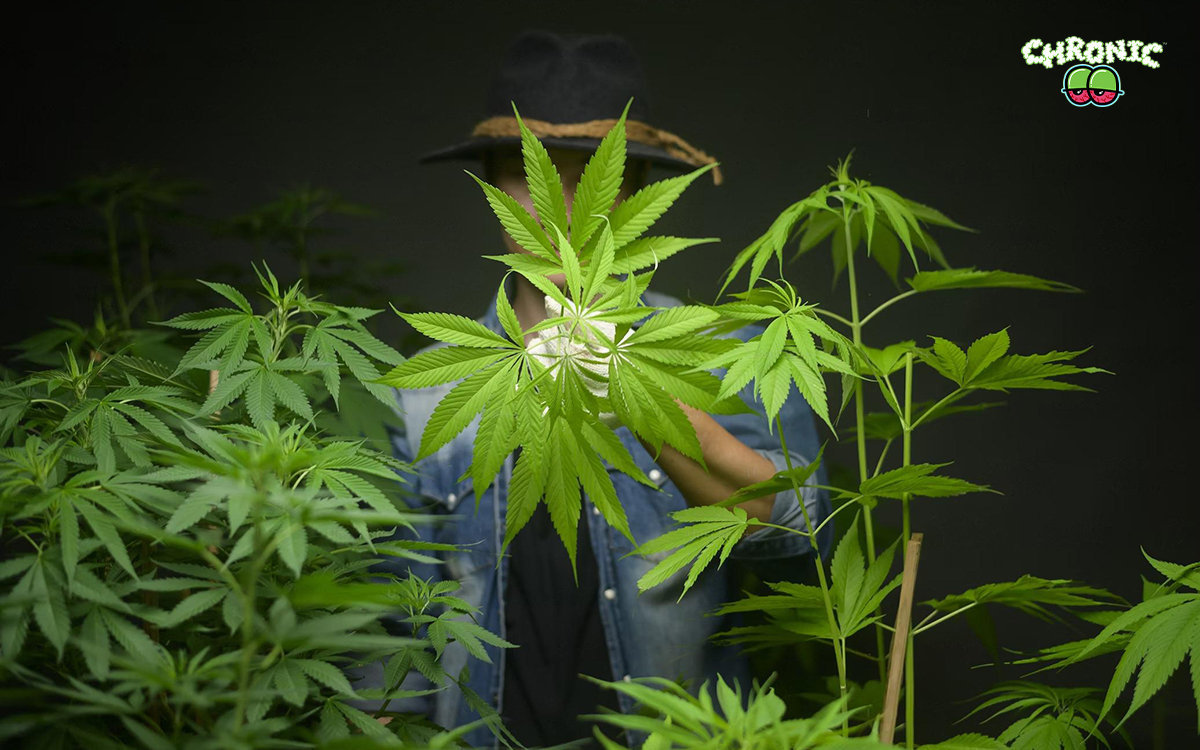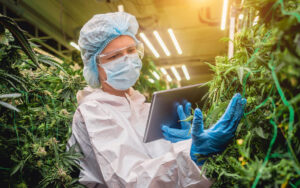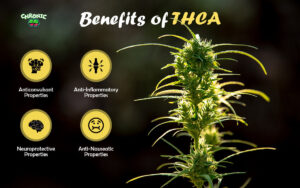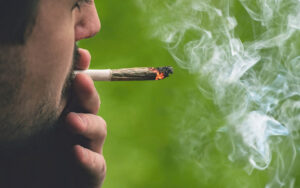THCA flower is abbreviated to cannabis flower which is the rich source of Tetrahydrocannabinol Acid (THCA), a non-psychotropic structure for THC. On the flip side, if the THCA is heated, it gets converted to THC which has psychoactive effects.
As the wave of wellness grows, THCA flower is often sun bred, pounded, or is made with less than boiling water cooking elements to allow its edibility, preserve its healing benefits.
Is it legal to grow THCA flower?
Laws regarding the cultivation of THCA flower (a cannabis flower that is high in Tetrahydrocannabinol acid) holds a unique and complicated significance that varies from one jurisdiction to another most especially, the federal, state and local legal frameworks.
In this regard, THCA refers to the raw active ingredients or components derived from marijuana which undergo certain biological transformations within living things to become THC. While most of the marijuana during its non-use state is in the form of THCA, it is made fully psychoactive through decarboxylation where THCA converts into THC through the application of heat.
Consequently, the primary guiding principle concerning the cultivation of THCA flowers is naturally one of caution in the sense that any or very low levels of THC are allowed in most of the countries.
Federal Law for Growing THCA Flower:
In America, the 2018 Farm Bill after the previous one of 1963 legalized only the use of hemp when it is defined as cannabis that contains no more than 0.3% of Delta-9 THC dry weight.
Since THCA is not the psychoactive component there is no problem in including THCA in hemp as long as it does not cross the threshold of THC in the end product that is being sold.
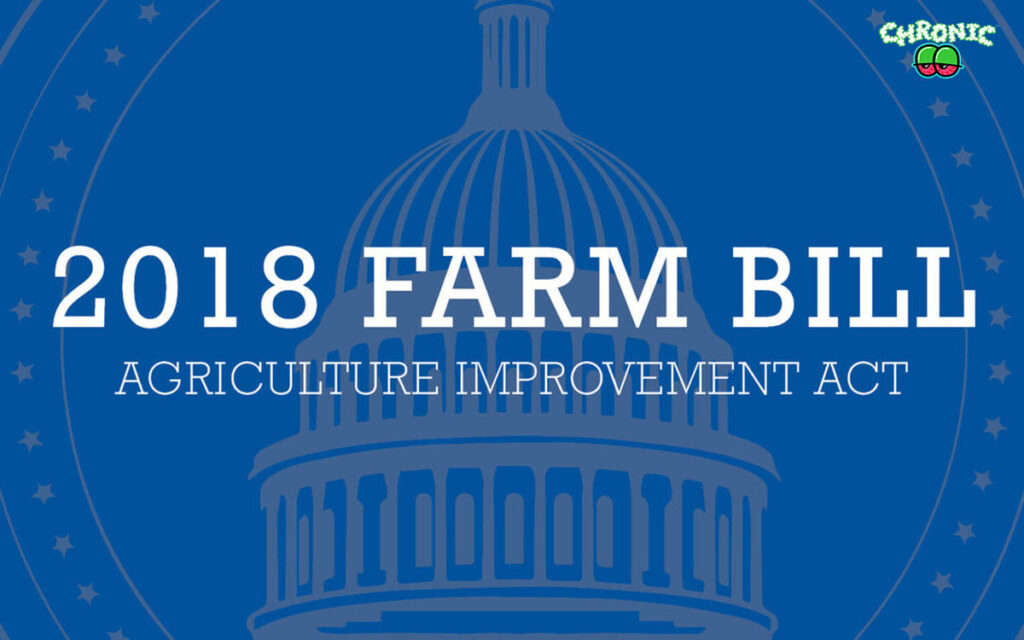
The Farm Bill also does not help in clarifying the legal definition of certain plants that have very low levels of Delta-9 THC but have high levels of THCA which upon heating would result in the increase of Delta-9 THC levels.
Hence, if authorities argued that it was feasible to achieve a THC exceeding the decarboxylation limit in legal cultivation of cannabis plants containing primarily THCA, it would appear to be prudent to avoid cultivating such plants.
State Law:
Laws vary from states to states. Some states permit the growing of high-THCA hemp under hemp law while others consider it the same as high-THC cannabis which is only allowed in certain medical – recreational cannabis markets.
In these regions, it is often illegal to cultivate THCA flower in any establishment which has not been authorized specifically for that activity.
Legal Risk:
As things stand, the issue of growing THCA flowers remains an in-between affair until the federal government comes out with its clear position on THCA.
Federal, state laws must be followed and because of the nuance grower’s are encouraged to seek the services of a lawyer who can help them manage the situation to limit exposure.
How to grow THCA flower at home?
Growing THCA flowers at home is not as difficult, if done with proper procedure and patience. The following procedures are some of the simplest ways to grow the herb.
Choose the Right Strain for THCA Flower
For instance strains like White Widow, Gorilla Glue, or Girl Scout cookies. Review the seed sources and product descriptions to make sure you pick THCA focused strains.
Prepare the Growing Area
A grow box or a grow tent with proper air flow, light control and privacy is preferable. Since a Cannabis plant needs a particular light cycle, its vegetative stage aims for 18 hours of light and six hours of darkness, 12 hours each during the flowering stage.
Read: THCA and it’s Flower Production Process: How is it made?
Lighting
The lights should be kept at a distance from the plant and shall be moved as the cannabis grows. LED grow lights are the best option as they are energy saving and provide spectrum lighting to the herb.
Temperature and Humidity
Keep the optimal temperatures at 70-85 degrees barren during the day and a bit lower at night. During the vegetative stage, the temperature can be 40-70%; however, flowering will require about 30-40%.
Soil and Nutrients
Go for soil which is highly drained and comes in a better quality, or alternatively, do hydroponics for quicker results. Also, fertilizer with nitrogen, phosphorus, and potassium should be provided in accordance with the growth stage of the plant.
Watering and Pruning
Water only when the top inch of soil is dry to the touch. Air conditioning should be maintained and the buds must face light from time to time.
Harvesting and Drying
Harvest when the trichomes have turned the milky white color. Taking into consideration the 7–10 drying period, buds should be hung upside down in a dark room, expertly ventilated, before the process of ‘cure’ starting in airtight jars to keep the THCA levels high.
Through these stages you shall ensure that all the conditions will have been achieved for a very THCA level in the cannabis you will be growing at home.
Is THCA Flower sprayed?
THCA flower, which is unprocessed cannabis most especially containing Tetrahydrocannabinol acid (THCA), is hardly ever sprayed with synthetic THC or any other substances. Usually, it is a cannabis indica flower which is cultivated for the THCA content without going through the decarboxylation heat process, which is the process where THCA is converted to THC.
However, as there is an increasing market for legal THCA rich products that may have medicinal benefits without getting users high until heated, it raises a two-pronged question as to whether THCA flower is enhanced or treated.
In the case of most leading manufacturers, the THCA content flower is derived from normal cultivation with breeding techniques rather than spraying with synthetic or THC containing distillates products.
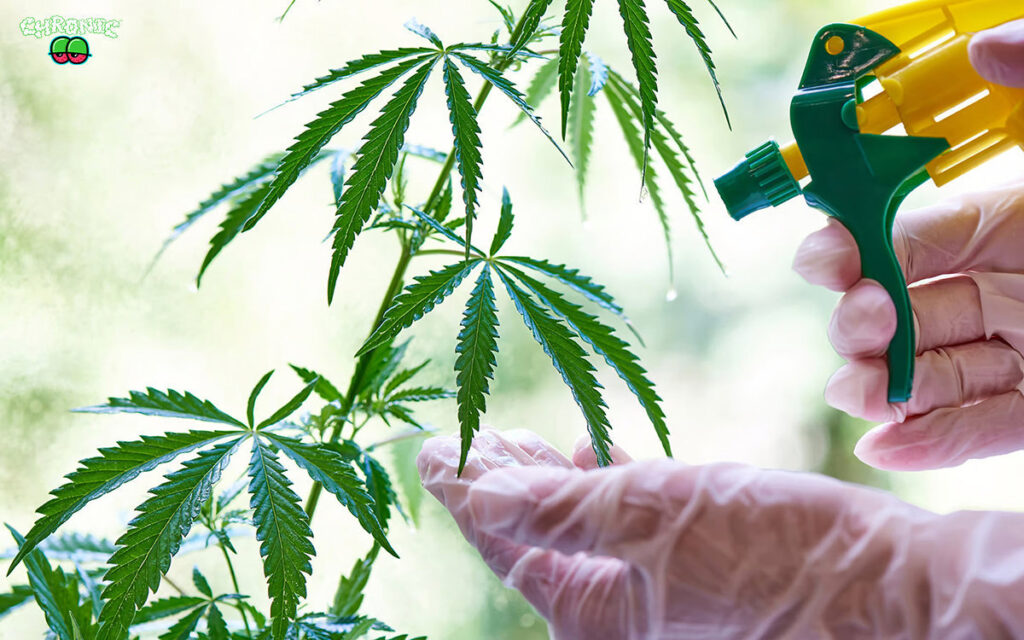
Branding strategies adopted by these companies guarantee legal and public safety compliance by implementing organic farming practices, conducting laboratory analysis, and transparent labeling. On the contrary, however, some brands that are less reliable tackle the situation by either employing false labels or using artificial means to enhance the designed purpose including sprays or chemicals that enhance the coating and strength perception.
Thus, consumers are advised to look into the brand’s practices, according to their principles and approaches, analyze the laboratory testing results and the presence of independent certifications in order to be sure that THCA flower is clean and does not contain any impurities.
Purchasing only reliable companies, and understanding the added ingredients allows the consumers to make smart purchases and refrains them from buying products which do not conform to the standards of purity.
How is THCA Flower made?
The THCA (tetrahydrocannabinol acid) flower is obtained from the flowering plants which have a lot of high THCA content in them which is a precursor to THC but does not cause any psychoactive effects in humans. THCA before it undergoes the process of decarboxylation will not ‘get’ anyone high as happens with the case of THC and cannabis.
The first step is to search for cannabis strains which yield high Tetrahydrocannabinol acid flowers. Such plants are cultivated under conditions which promote the best possible growth of the cannabinoid in question.
Optimal light, temperature, humidity and nutrition levels are maintained throughout the plants’ growth stage. The cultivation cycle lasts a few months where the plants are grown until harvested when drying and curing processes are performed where moisture content is reduced but rather the power and smell of the flowers are preserved.
Consider Reading: 10 Things You Need to Know About THCA
Correct curing brings out the proper terpenes and cannabinoids of the flower thus improving the quality of the flower. After curing, the buds are subjected to processes, packing and trimming, among others. The flower essence cannot be cooled using any heating devices or light sources since it stimulates the decarboxylation process of the essence.
Usually it is consumed with acids or caulies integrated into other dishes like smoothies, salads or fresh juices and its anti-inflammatory, neuroprotective and anti-nausea features are widely acknowledged.
In recent years, a noticeable trend has been observed where an increasing number of individuals are requesting to be prescribed marijuana with emphasis on the medicinal benefits of this herb as opposed to the intoxicating effects it has on the user.
Does THCA Flower grow naturally?
Tetrahydrocannabinol Acid (THCA) is a cannabinoid that is naturally synthesized in the cannabis plant. Having a psychoactive effect, tetrahydrocannabinol (THC) is the chemical compound found within cannabis that induces the high, wherein THCA is a chemically unstable and less potent form of THC.
Similar to THC, which causes a ‘high’ and is very active in raw form, THCA does not produce any ‘high’ as it is inactive in its raw form. That said, THCA has effectual prospects that do not involve the alteration of states of mind. In the course of growing cannabis and during plant maturation, particularly cannabinoids are formed in their acidic forms first.
The most common place for THCA to be found is in the trichomes which are microscopic resin-producing glands present on and inside the flowers and leaves of cannabis. In the same way, they biosynthesize THCA using other compounds found in the plant, but this time embodied by specific enzymes.
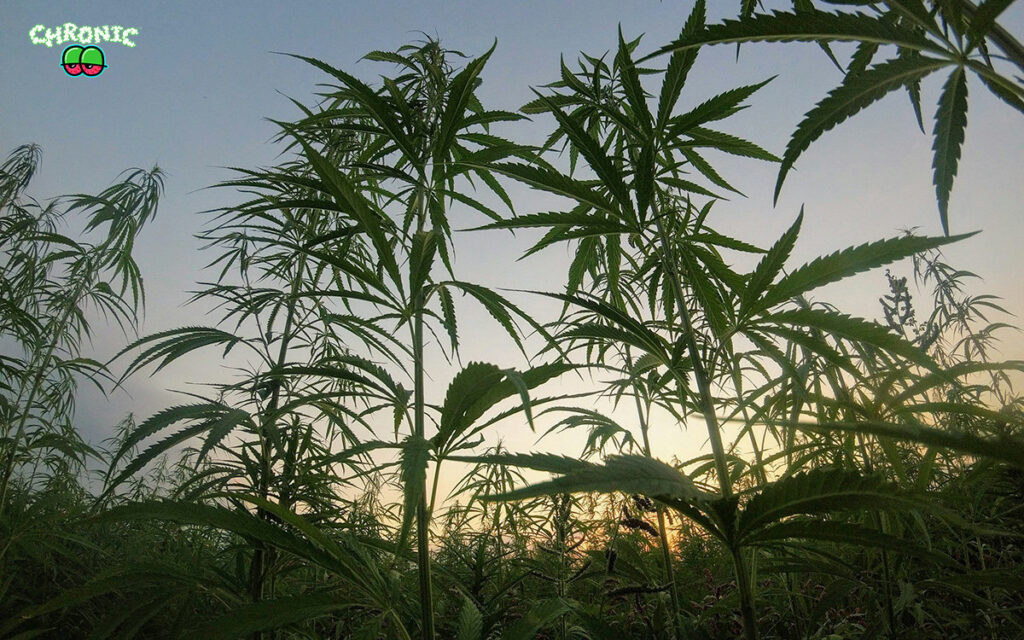
This, however, is not the case when warmth or UV lights are applied on THCA as it will undergo decarboxylation. Carboxyl group is no longer present in THCA once THCA is converted to THC.
Moreover, it is impossible to escape decarboxylation in any form or at any point in time when working with cannabis especially for the reasons of combustion, heating, or cooking the plant materials.
THCA in its raw form has also benefited medical research. This where it bears positive results: it is considered to have anti-inflammatory, neuroprotective, and anti emetic as well as anti-proliferative abilities/activities and therefore can be used in conditions such as arthritis and cancer, nausea even in cancers associated with other uses. As a result of its believed healing properties without psychoactive effects.
How to legally grow THCA flower?
In the United States, it is essential to understand the state and federal laws in order to grow cannabis. Suppressing a potential disagreement, which is sure to rise from this statement, here is a brief analysis of the issues:
Introduction to Federal & State Law
Both cannabis leaves and the product of its decarboxylation anthropogenic modification (plasticizing) into the medical form of THC (dronabinol) are inevitably associated with some limitations on their manufacturing and distribution within society.
THCA (Tetrahydrocannabinol Acid) is the non-psychotropic compound that transforms into THC upon exposure to heat. THCA is also strictly implied as it can be converted into THC simply.
In the United States, the 2018 Farm Bill legalized the use of hemp which is considered less than 0.3% Delta-9 THC dried flower cannabis. However, this does not include cannabis with high THCA strains. Thus, in order to be within legal limits, the cannabis grown must remain 0.3% Delta-9 THC or less by dry weight at the time of harvest.
Pick a Less Restrictive State Capitalizing on On Cultivating
Cannabis THCA flower, as well as any other forms of cannabis, has been made legal in a few states for medical or recreational purposes.
Reading About: 10 benefits of CBD weed
Thus try and find out states that have laws that permit growing cannabis for self-use or for business purposes that have restrictions on the number of plants and licensing. Also, whether or not plants grown in those states are able to be THCA specific or THCA converting is allowed.
Licensing and Regulations
In all these states, the use of medical marijuana and commercial cultivation of cannabis may be allowed but the persons will probably have to have/carry a cultivation license.
Components include but are not limited to age, containment of the growth, general records and perhaps even testing for levels of THC. And in some states, such growing houses might be in specific zones designated for cannabis purposes.
Testing and Lab Certification
Regular laboratory testing is essential in showing THCA concentration levels without exceeding the maximum of 0.3% concentration of THC. Trustworthy laboratories will issue a certificate of analysis (COA) specifying the concentration of various cannabinoid content, which is very important for regulatory purposes.
If you adhere to these principles, you are most likely going to achieve your goal of growing THCA flowers within the requirements of the law.
